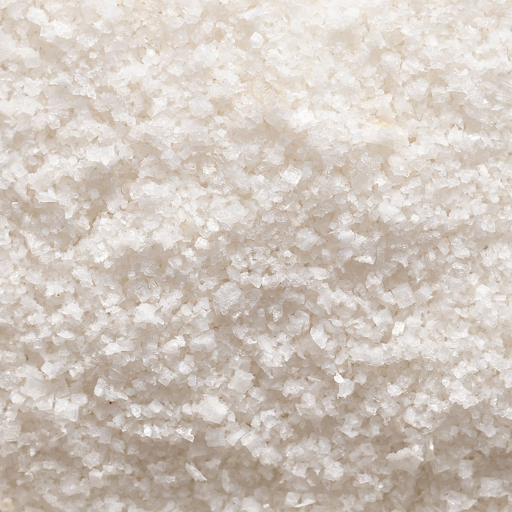All about Salt — Facts and Fiction
What are the health Benefits of Salt?

In common usage, salt is a mineral composed primarily of sodium chloride. When used in food, especially in granulated form, it is more formally called table salt. Some categories of salt include iodized or table salt, kosher salt, sea salt and specialty salt. It aids the balance of electrolytes and fluids, carry nutrients into cells, regulation of acid base balance, support transfer of nerve impulses, and regulate blood pressures and secretion of gastric acid.
Some believe that eating too much salt will ruin your digestive system, causing ulcers and chronic stomach pain. While excessive salt can contribute to high blood pressure and other health problems, it doesn’t directly destroy the digestive system.
There’s also a belief that consuming even a small amount of salt will lead to immediate and significant weight gain. While salt can cause temporary water retention, it does not directly result in fat accumulation.
Health Benefits Of Salt
Salt Helps with canker sores, Helps with ingrown toe-nail, Helps with sore throat, stops heat cramps, and also helps with constipation.
Brief History Of Salt
Early Neolithic salt production, dating to approximately 6,000 BCE, has been identified at an excavation in Poiana Slatinei-Lunca, Romania. Solnitsata, the earliest known town in Europe, was built around a salt production facility. Located in present-day Bulgaria, the town is thought by archaeologists to have accumulated wealth by supplying salt throughout the Balkans.
Salt was of high value to the Greeks, Tamils, Chinese, Hittites and other peoples of antiquity. In the early years of the Roman Republic, with the growth of the city of Rome, roads were built to make transportation of salt to the capital city easier. An example was the Via Salaria (originally a Sabine trail), leading from Rome to the Adriatic Sea. The Adriatic, having a higher salinity due to its shallow depth, had more productive solar ponds than the Tyrrhenian Sea, much closer to Rome. The word “salary” comes from the Latin word for salt. The persistent modern claim that the Roman Legions were sometimes paid in salt is baseless; a salārium may have been an allowance paid to Roman soldiers for the purchase of salt, but even that is not well established. Vertical derricks and drilling rig from Qing dynasty Zigong, China extracting brine from deep underground wells. During the late Roman Empire and throughout the Middle Ages salt was a precious commodity carried along the salt roads into the heartland of the Germanic tribes. Caravans consisting of as many as forty thousand camels traversed four hundred miles of the Sahara bearing salt to inland markets in the Sahel, sometimes trading salt for slaves: Timbuktu was a noted salt and slave market.
REFERENCES